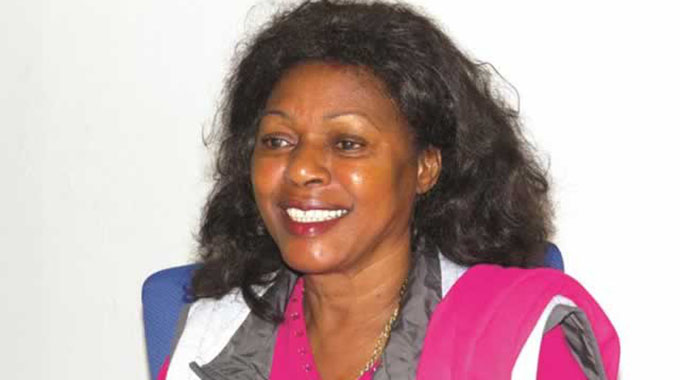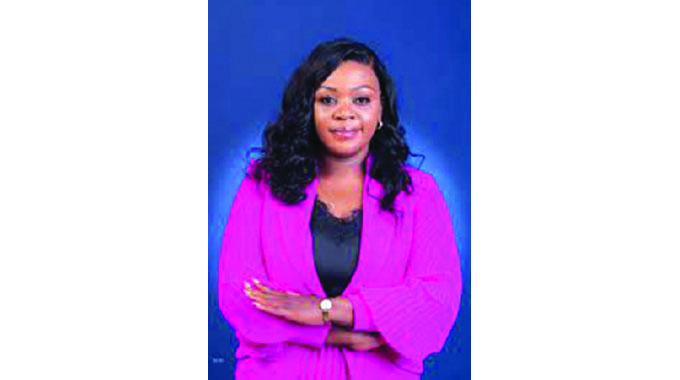Zim has earned the Sadc gender agenda chair
Ruth Butaumocho Gender Forum
Zimbabwe is set to make a positive mark on gender issues in Southern Africa following its assumption of the gender regional agenda chair next year. The gender regional agenda will be chaired by Women’s Affairs, Gender and Community Development Minister Cde Oppah Muchinguri, a development that is going to further reinforce Zimbabwe’s commitment towards gender equality.
An icon herself in gender parity issues following her aggressive lobbying for the enactment of gender legislation and provisions over the years, Cde Muchinguri’s appointment couldn’t have come at a better time, considering that Zimbabwe has made great strides in gender equality in the last two decades.
The country’s chairing of the regional agenda should not be viewed as a rotational selection, but is a clear demonstration of its commitment towards gender equality, as attested by results on the ground.
The achievements are in political, social and economic areas, where women can now enjoy and access the same opportunities as men, which was not possible about two decades ago.
History shows that for decades, women in Zimbabwe did not have the same benefits, rights and equal access to key resources and opportunities, land and even in decision making.
No matter how intelligent women were at that time, they were treated as minors, not as competitive and capable even though they had the same qualifications. They could not go far beyond the kitchen door, because they were deemed as fragile beings not capable of making good decisions.
But the last two decades have seen a positive shift towards women’s empowerment, thanks to political will on the part of the Government, an initiative that was ably supported by different legislations.
Zimbabwe ratified several regional and international protocols on gender aimed at addressing gender inequalities and prop up women’s position in the country.
This was done together with other sadc member states, by recognising that gender equality, freedom, social justice as well as peace and security are critical in the development of any nation.
The Government signed several other conventions and protocols of similar note as an affirmation of the country’s commitment to gender equality and the country has not been found wanting, save for a few grey areas, which need to be worked on. These include equal opportunities for women in the private sector and the transfer of real power for women heading big organisations.
As a result of the Government’s commitment towards gender equality, Zimbabwe is ranked sixth in the region among countries that have made significant strides towards achieving the 50:50 gender parity ratio in Parliament as required in the sadc Protocol on Gender and Development.
This position was achieved largely as a result of the quota allocation in both the Lower and Upper Houses of Parliament that resulted in 60 women getting into Parliament to fulfil the quota requirement for women to become legislators, as provided for in the new Constitution.
So as Cde Muchinguri prepares herself to take up the gender regional agenda chair, she should do so confidently knowing that Zimbabwe’s commitment towards gender equality is not only on paper but is matched by results that have earned the country the position it currently holds.
Rather than worry about her own country, Cde Muchinguri will take up the chairmanship, backed by positive results of Zimbabwe’s achievements towards gender parity. Yes at 35 percent, the country is still below SADC gender quality expectations, but it is slowly edging towards the mark
Chairing the gender regional agenda will also give her an opportunity to tap into the think tanks of countries like Rwanda and Seychelles that are ranked as models of gender equality.






Comments